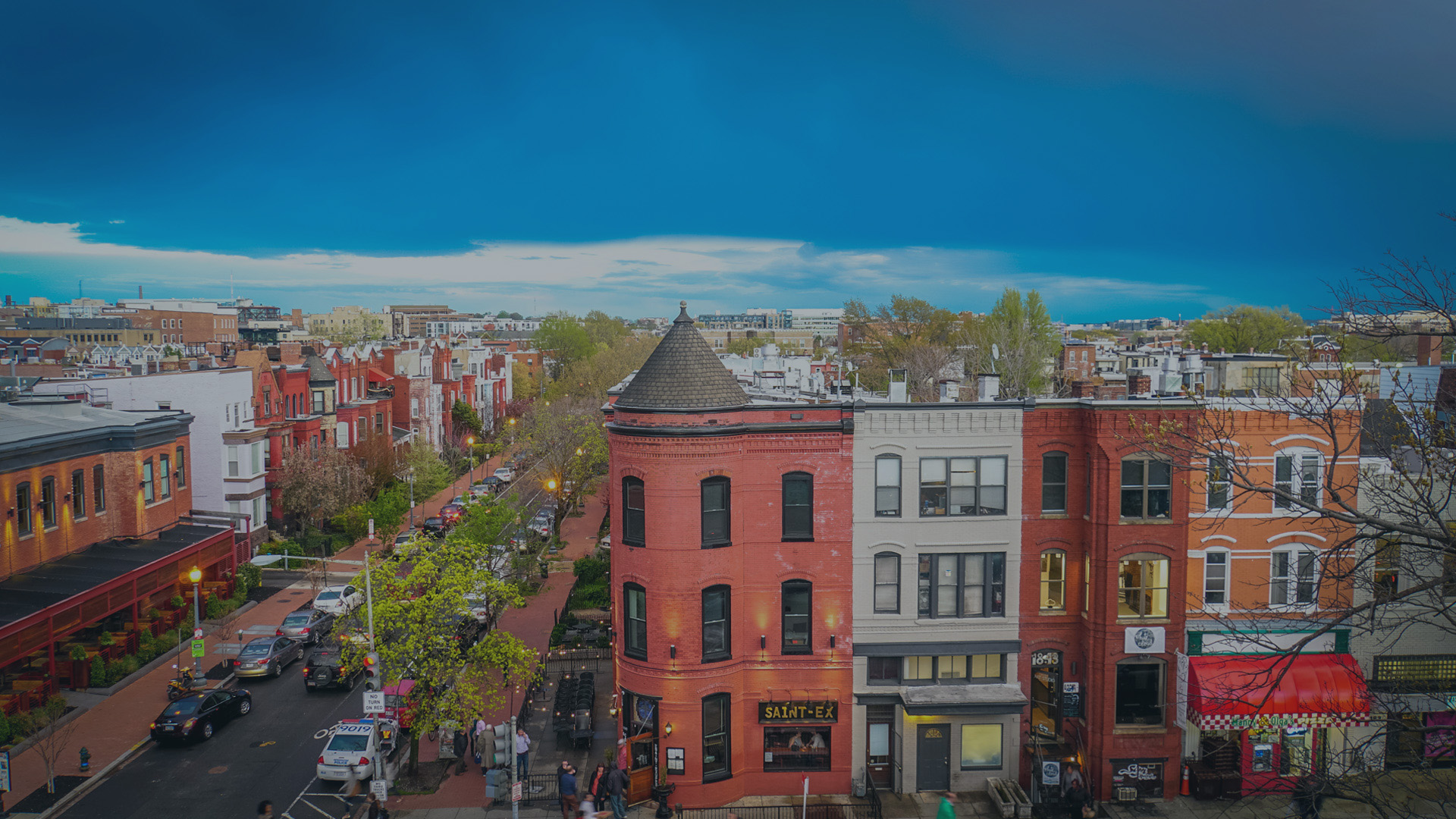Executive Director Yesim Sayin Taylor was interviewed for a December 18, 2018 article in the Washington Post about Metro ridership:
David Alpert, founder and president of the civic group Greater Greater Washington, said the fare increases also hurt those who have to take a combination of a bus and a train to work. Because Metro didn’t increase its 50-cent discount on transferring from one mode to another, those making transfers end up paying higher fares on each leg of their trip.
An internal Metro staff report laying out ideas for increasing ridership earlier this year also noted that fares disproportionately affect lower-income workers because they are less likely to get transportation subsidies through work. While 66 percent of the highest-income Metrorail riders get subsidies, only 10 percent of the lowest-income riders do, said the report, which estimated that subsidizing fares for low-income people would mean 20,000 to 35,000 more trips for the system annually.
Also hurting lower-income workers is that gentrification has pushed them further from areas close to train stations and bus routes, said Yesim Sayin Taylor, executive director of the D.C. Policy Center.
Indeed, a 2015 census report found that those making $25,000 to $49,999 had made up 29 percent of the workers living within a half-mile of a rail station in Washington between 2006 and 2009. But as housing prices have increased, the percentage of people making that much around rail dropped to 22 percent, between 2011 and 2013.
Read more: New figures shows decline in number of low-income workers who ride Metro | Washington Post
